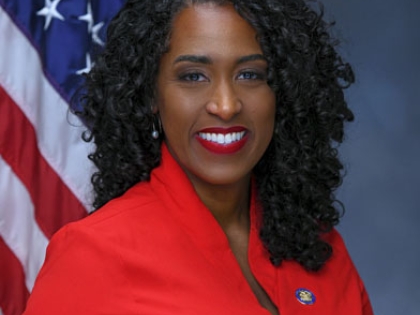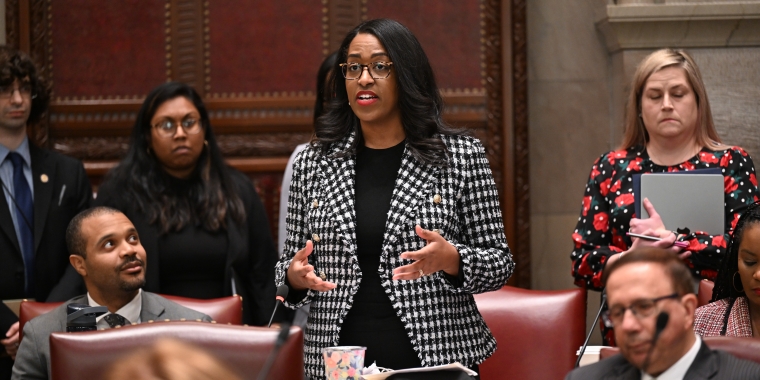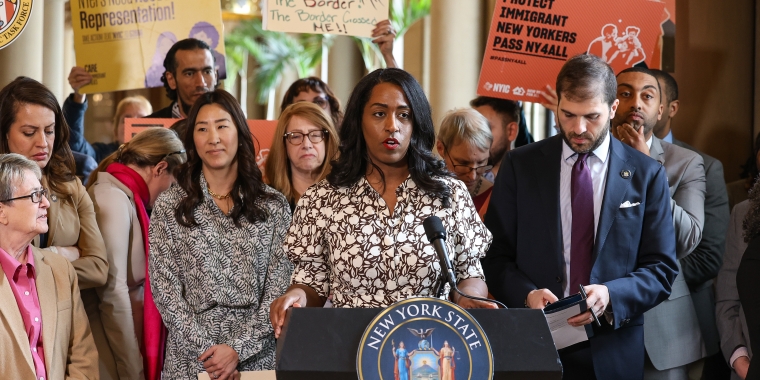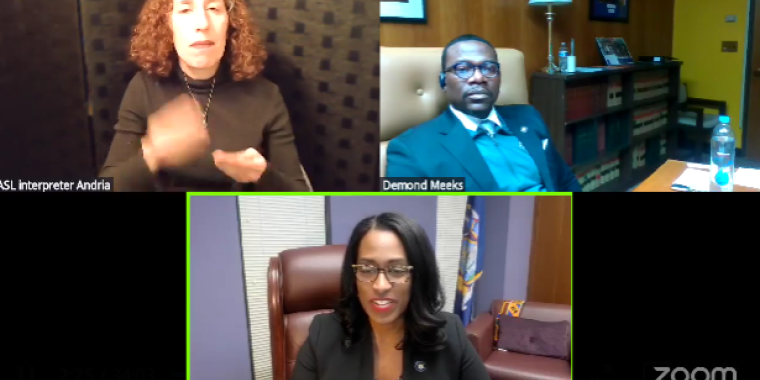
Opinion: Mental health emergencies deserve compassion, not criminalization
Heart attacks. Strokes. Seizures. Broken bones. These are all medical conditions that can constitute an emergency, and they are moments when an individual in need can expect to receive care from a person trained in addressing their condition, someone who can connect them to the necessary resources to continue care.
So why is it that those experiencing a mental health or substance use crisis are treated differently? Instead of receiving contact from a trained counselor or peer, these individuals are left to receive their care from armed law enforcement officers who receive far too little mental health training and often lack the resources necessary to address the needs of the person in crisis. This is a deadly combination, as those living with untreated mental illness are 16 times more likely to be a victim of an officer-involved shooting, according to the Treatment Advocacy Center. Even law enforcement officers agree that they should not be the first line of response for these calls.
We can and should do better.
As budget negotiations continue in New York, we have an opportunity to make real change for those living with mental health conditions. We can fund the Daniel’s Law Pilot Program and Task Force, named for Daniel Prude, who lost his life in Rochester following a police response to his mental health crisis. This $10 million pilot program would allow the state to invest in new and existing programs already providing nonpolice, public health-based response, and its corresponding task force will solicit community feedback and make recommendations for a larger implementation. The state Senate included funding for Daniel’s Law in its proposed one-house budget, though both Gov. Kathy Hochul and the Assembly omitted it from their budget proposals.
The notion of nonpolice responders didn’t appear out of thin air. There are several successful community diversion programs across the country, which are proven to save lives, quicken response times, and even save money for municipalities. One of the most notable is the Cahoots program, which has operated out of Eugene, Oregon, for more than 30 years. According to the Vera Institute, Cahoots’ small operating budget of roughly $2 million results in municipal savings of over $14 million each year in ambulance trips and emergency room costs, plus an estimated $8.5 million in public safety costs.
On top of significant cost savings, these programs decrease the strain on our criminal justice system by connecting individuals in need of care with the treatment they need rather than an arrest. Further, by removing law enforcement from noncriminal calls, we can lower the likelihood of an escalation between the individual in crisis and the responder – several sources, like the Center for American Progress and the International Association of Chiefs of Police agree that the presence of an officer or even a police vehicle can create a lack of trust or even act as a trigger for someone who has had a previous negative experience with law enforcement.
The data is clear and professionals agree: first responders to mental health and substance use crises should be mental health providers or peers, not armed law enforcement officers. The Daniel’s Law Pilot Program and Task Force would make this a reality – and the governor and state Legislature have an obligation to fund this initiative in this year’s budget.
State Sen. Samra Brouk represents Rochester and is the chair of the Committee on Mental Health. Brendan Cox is the former chief of the Albany Police Department and director of policing strategies for the Law Enforcement Assisted Diversion Support Bureau


